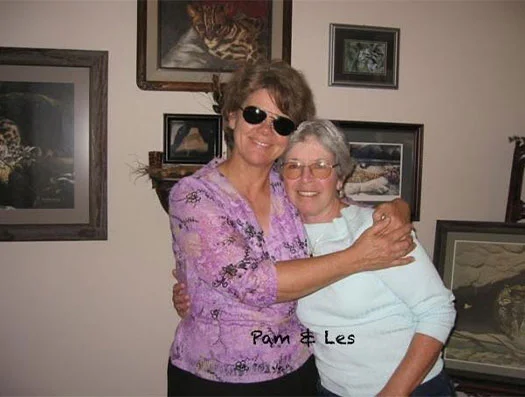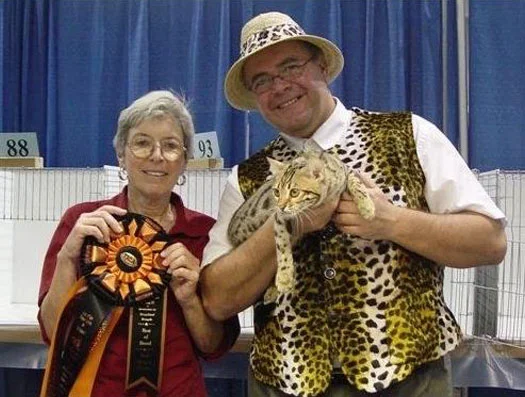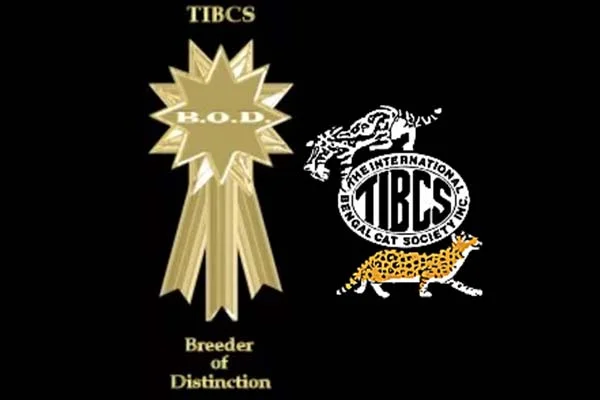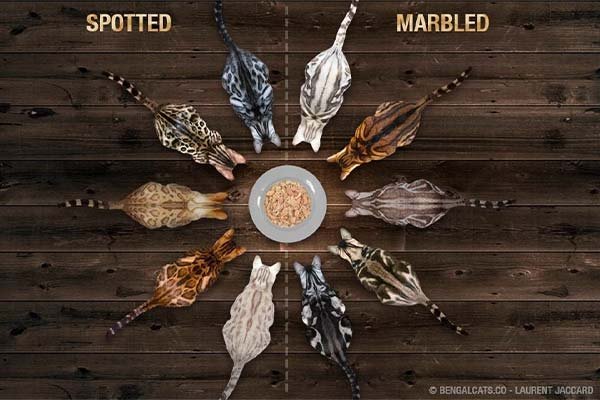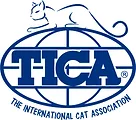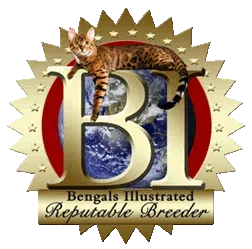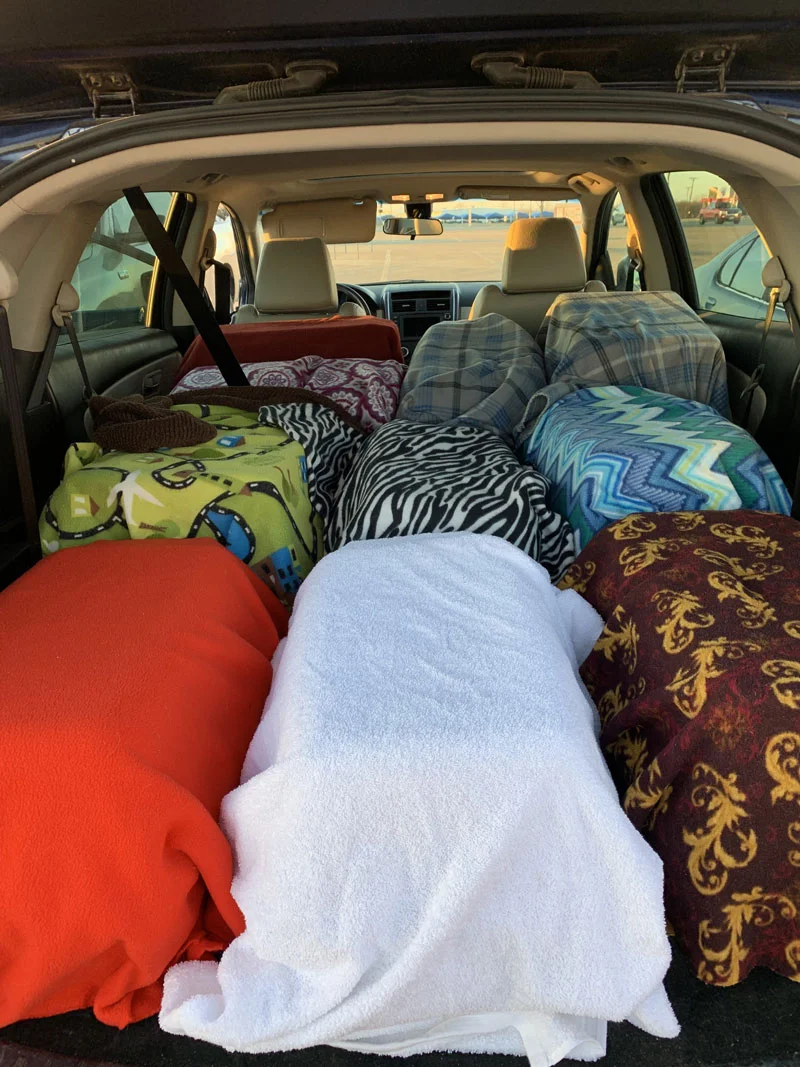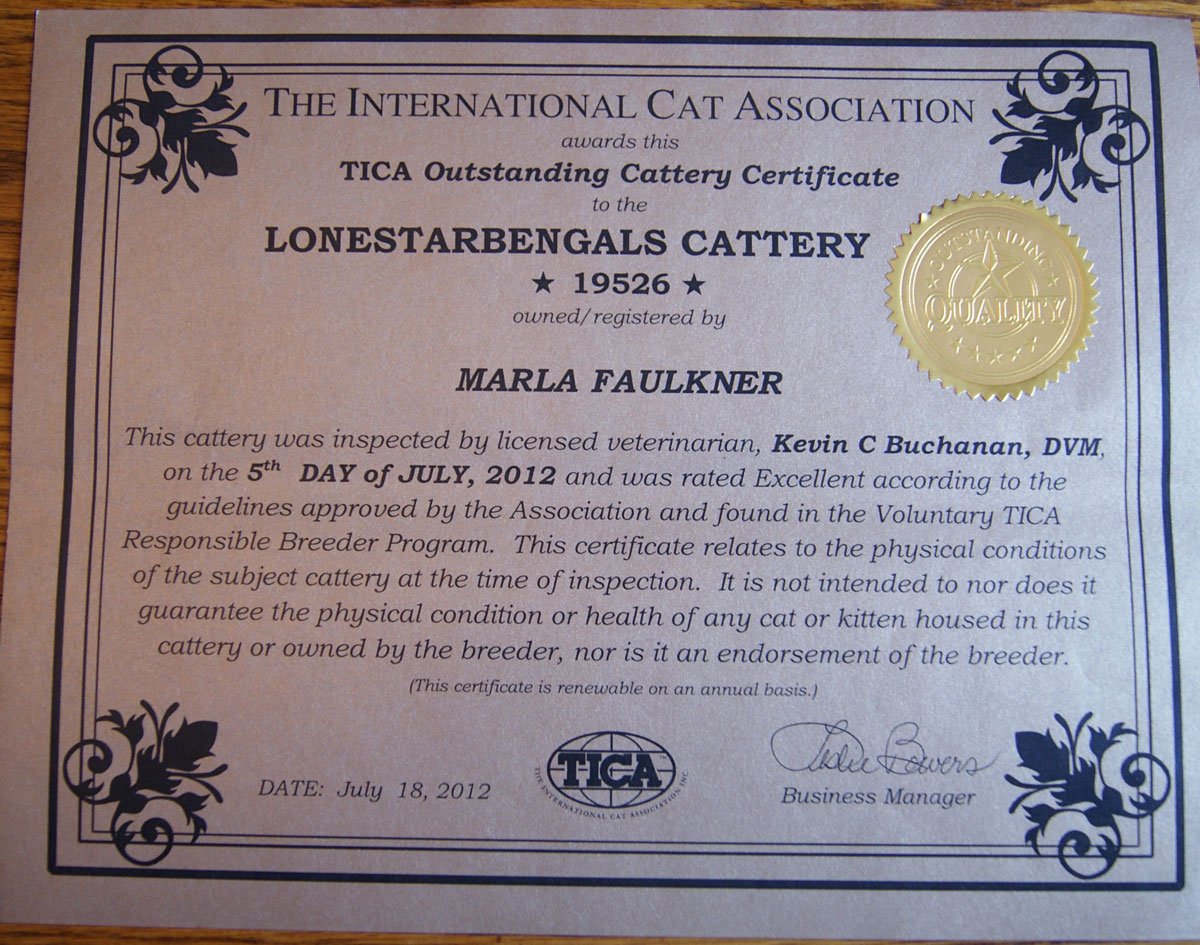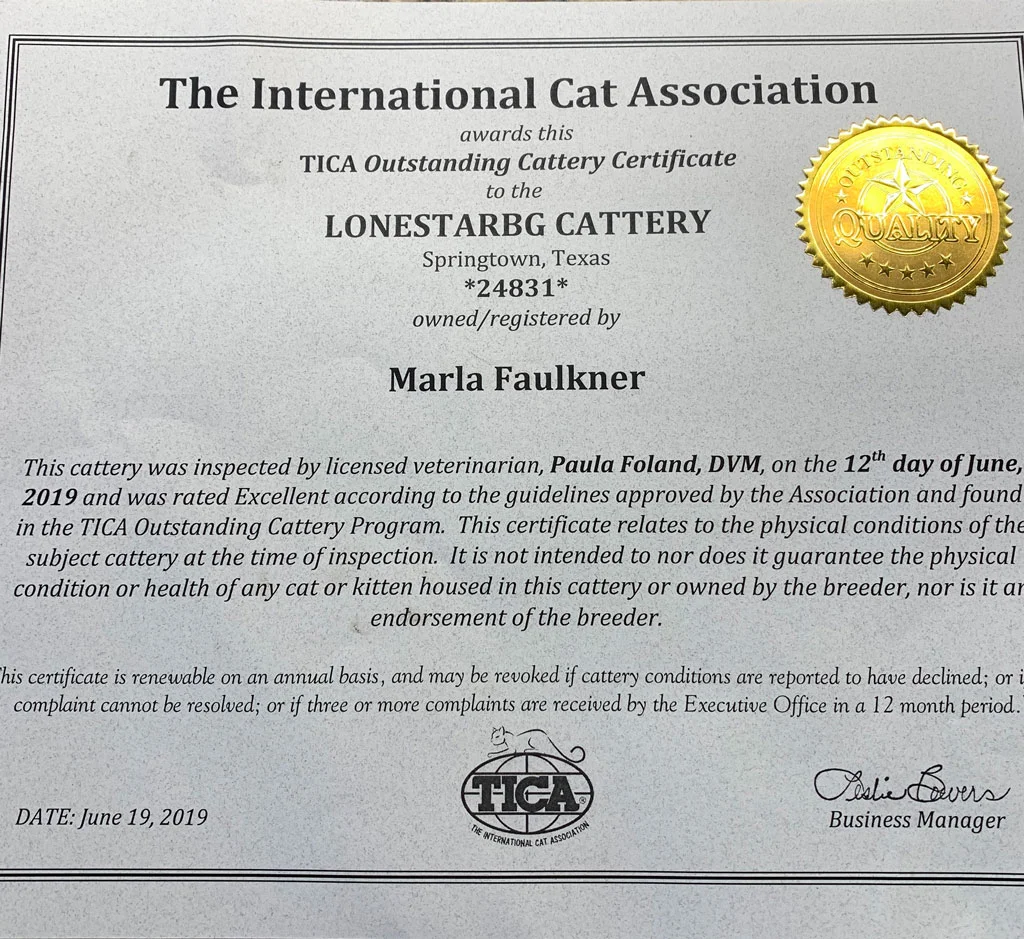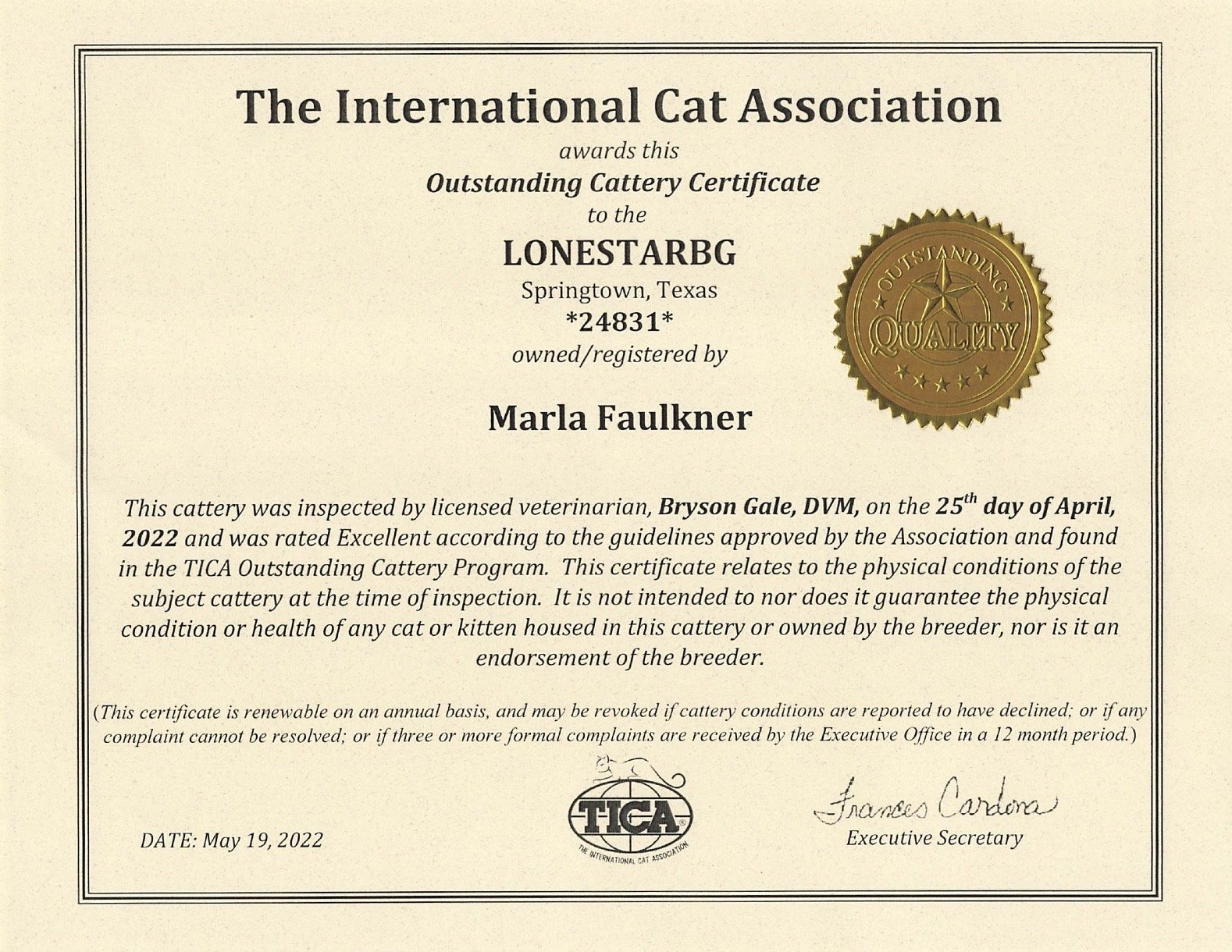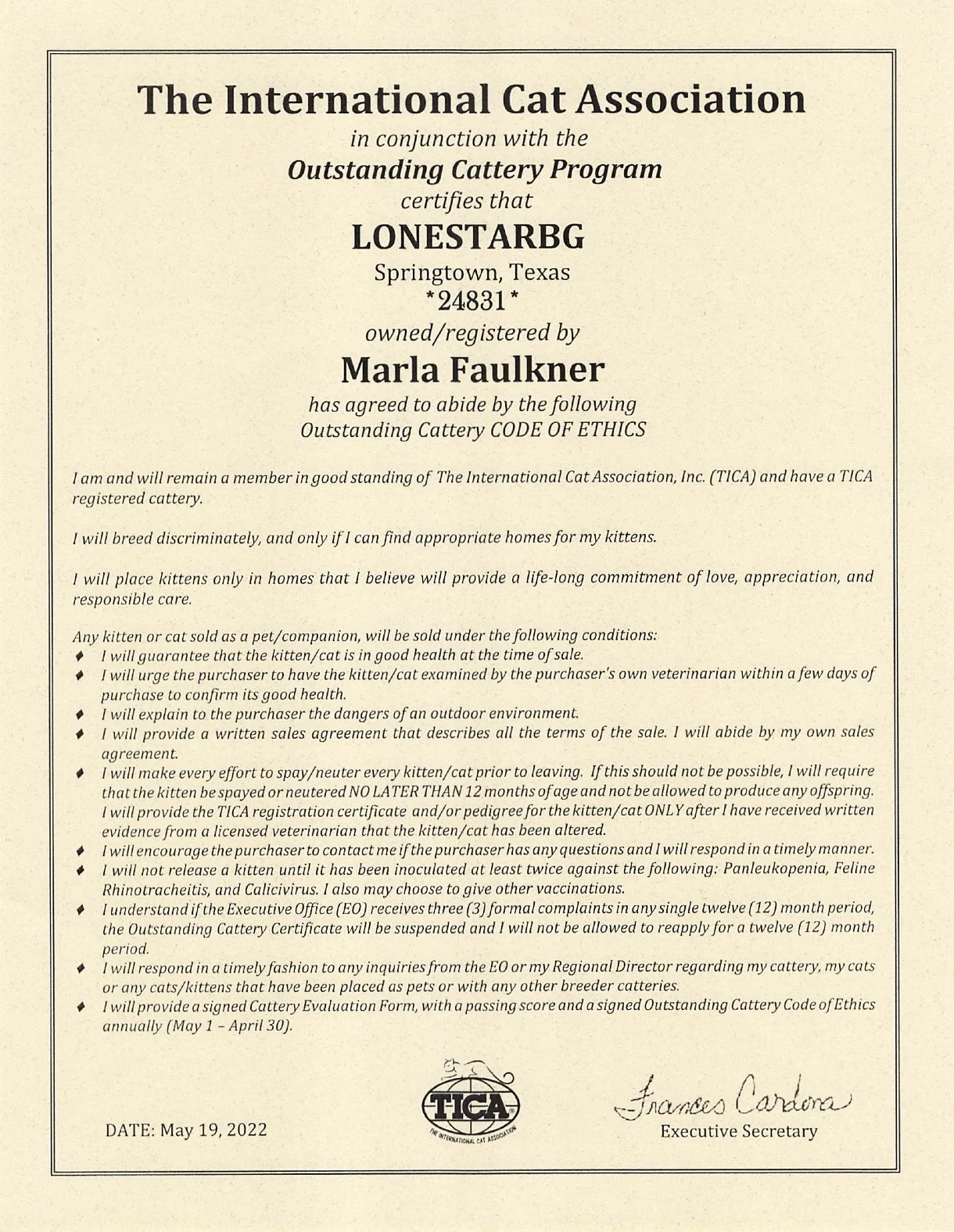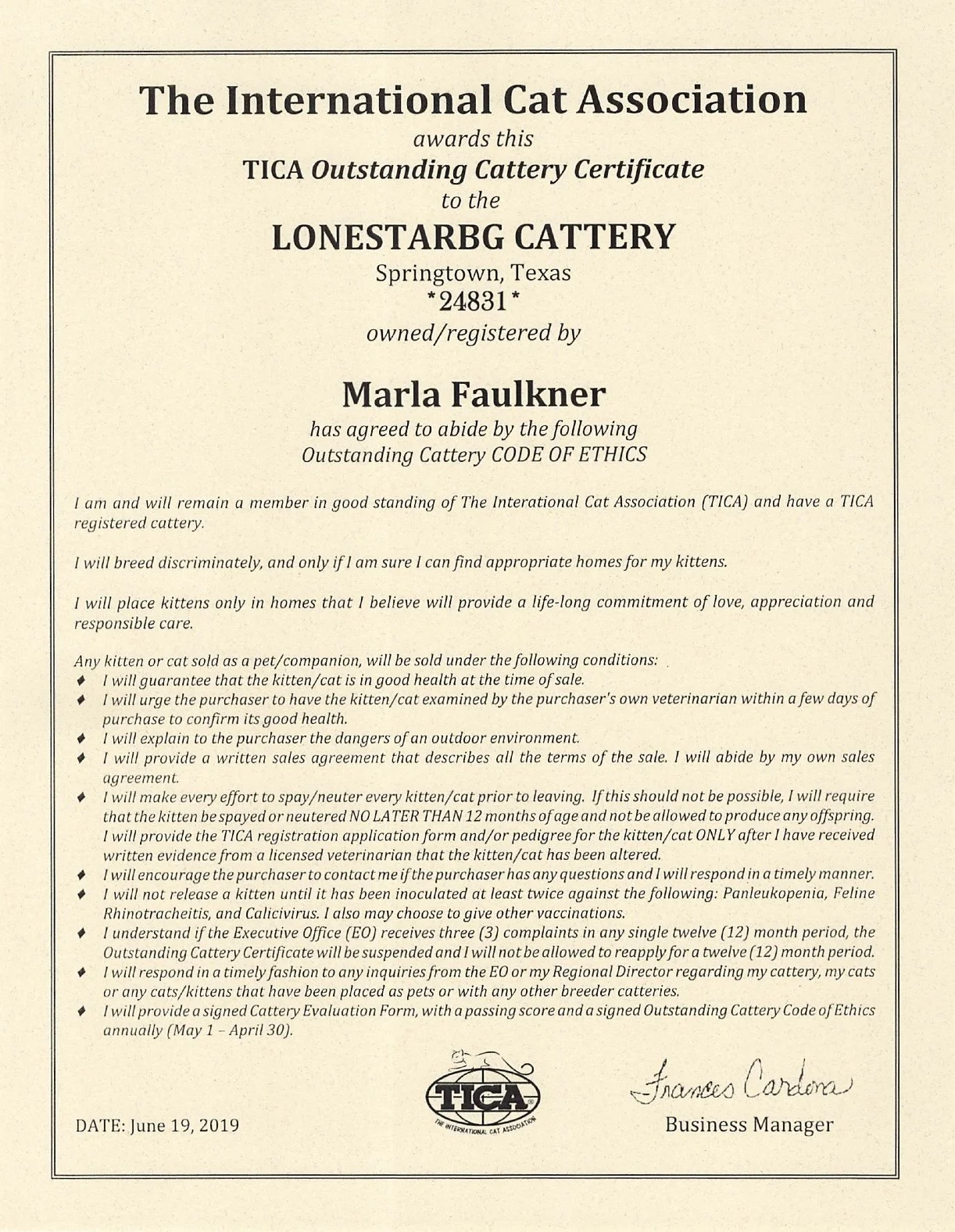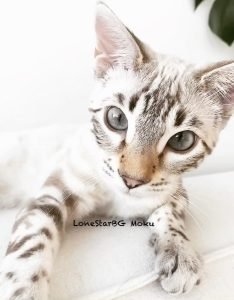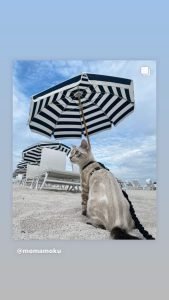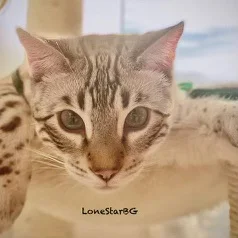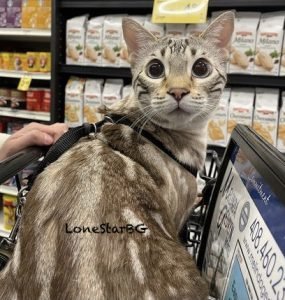About Us
LSB Beginning
I lovingly ‘blame’ Kelli Faram of Cheetahsden Bengals for bringing us the enjoyment we discovered of the Bengal bond and the affection of these amazing companions. We are blessed with Kelli’s advice and guidance over the years in order to achieve the quality of our goals, both present and the future. The bonus, we get more sister time together!
Les Hall @ Junglebook was part of the beginning of Bengals in the USA. She and Pam @ Cheethahsden were great friends working together so they wanted to create a symposium so the pioneers could share their works and how to improve. On Safari started very small but, in the years, On Safari became ‘the place to be’. Kelli began working with Pam to carry down her lines so when Les passed away I was able to claim some of her lines of which I still am working her lines down. Being sisters was a perfect situation to continue that friendship of the original breeders of Junglebook and Cheetahsden that we treasure the honor to still be producing these pedigrees. For us, it is not just breeding Bengal’s but for me it is a big part of my story.
When I started my program in 2008 and painting my vision of a “Dream Cat” I would ‘confess to possess’ that it gets points to be from Junglebook that it was honored to continue that pedigree from Les Hall. Being new in breeding I would admire a nice marble as it is so much like a piece of art and to watch them develop was amazing. Chloe’s Painted Spirit would clinch my attention and say the words “if I have a marble, I want it to be like Spirit”. As fate appeared when hunting for a new stud, I got word from friend breeder Christina @ Bahiya that she had a boy that might interest me. At that time blues were Not accepted in the cat fancy but that did not matter and looked past toward the future of my program. I saw many of his traits that made me drool and saw PJ would make my dreams come true. PJ’s name’s sake that was a jaw dropping stud in his time. The deal was sealed when PJ being from Junglebook pedigree on top of from Spirit put me on top of the world.
Massive muscular structure to carry his thick tail, rounded ears, large eyes to balance his head for his puffy whisker pads, Wonderful nose leather in pink along with his pink toe beans. His unique color of battleship grey for his blue mink marbling makes him an interesting piece of artwork.
Health Testing
All our cats are tested and/or screened for the following diseases:
- DNA tested @ Optimal Selection Genoscoper
- FIV (Feline Immunodeficiency Virus)
- FeLV (Feline Leukemia Virus)
- PRA-b (Bengal blindness).
PK Deficiency (Hemolytic Anemia) This disease can only be passed on genetically, and can cause anemia in infected cats. Like PRA-b, a cat that only carries on copy of the gene will have no detrimental health defects, but cannot be bred to another cat that is also a carrier.
The health of our kittens is of the highest importance to us and we do all we can to guarantee a healthy and happy kitten. Each kitten will have at least 2 health exams by a licensed veterinarian, 2 sets of the 3 combo vaccines, de-worming/fecal test and have a blood test for FIV & FeLV before they go home. They are also PRA-b and PK-DEF negative by parentage DNA testing done through UC Davis. Your kittens mother has also been HCM screened and the kitten will come with a 2 year health guarantee against congenital defect. Below is a brief description of a few of the above referenced conditions that we test for.
PRA-b
PK-Def
Hypertrophic Cardiomyopathy – Heart Disease
HCM is thickening of the wall of the left ventricle section of the heart. Severe thickening results in scar tissue formation. The thickening and scar tissue make it difficult for the left ventricle to relax. If severe, this can result in heart failure and the accumulation of fluid in or around the lungs. This fluid accumulation, when severe, results in rapid and difficult breathing. The left atrium (*the chamber behind the left ventricle) also enlarges in cats whose left ventricle cannot relax properly. This enlargement causes blood flow through this chamber to slow, predisposing the cat to clot formation. When a clot breaks loose from its attachment in the left atrium, it travels down the aorta to the rear legs, blocking blood flow and causing the sudden onset of paralysis and severe pain (so-called saddle thromboembolus). The scar tissue can also predispose to abnormal electrical activity in the left ventricle which is manifested as an arrhythmia. The arrhythmia that is seen is thought to predispose cats with HCM to sudden death. Cats with severe HCM can develop heart failure where a cat can die suddenly. Screening is not a gurantee a cat will never develop HCM, just a precautionary procedure there is no genetic test specifically for HCM, but regular screening via an echocardiogram by a board certified feline cardiologist is highly recommended to measure the heart and monitor its growth as well as listen for murmurs which indicates a restriction of blood through the heart.
Breeding cats should be screened every year to year and a half and reputable breeders will not only do these screens but provide the parents results. Scientists are currently working on finding the gene that causes HCM in Bengals (there are DNA tests for Mainecoons and Ragdolls). there is no genetic test specifically for HCM, but regular screening via an echocardiogram by a board certified feline cardiologist is highly recommended to measure the heart and monitor its growth as well as listen for murmurs which indicates a restriction of blood through the heart.


